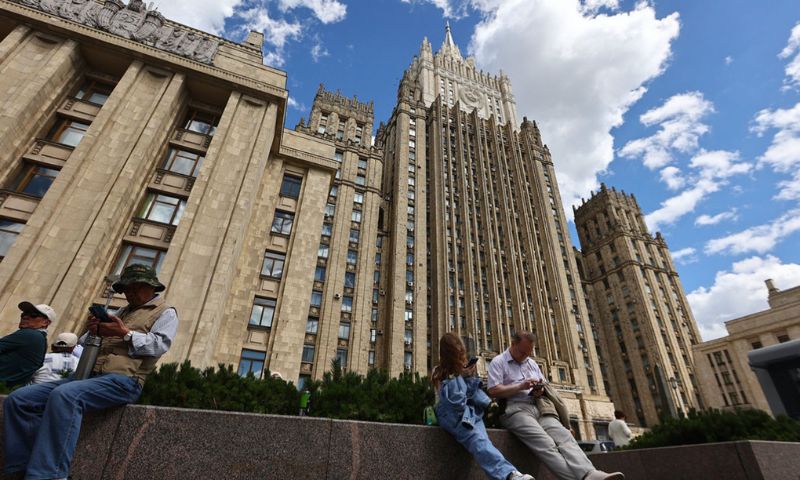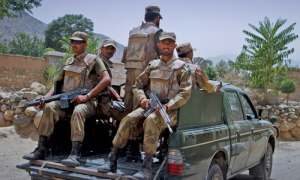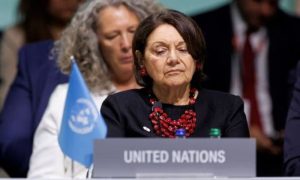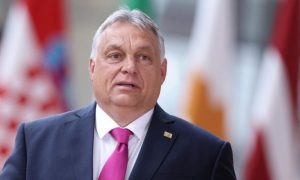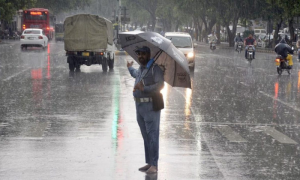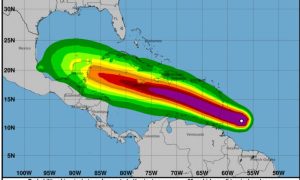MOSCOW: Russia on Tuesday said it was blocking access to dozens of European media outlets, including websites belonging to Agence France-Presse (AFP), in response to the European Union’s (EU) recent bans on several Russian broadcasters last month.
The move by Moscow targets prominent European news sources such as France’s Le Monde, Germany’s Der Spiegel, Spain’s El Mundo, and the digital newspaper Politico, among others. Russia’s foreign ministry identified a total of 81 websites spanning 25 EU countries, encompassing outlets that operate across Europe.
This action follows the EU’s imposition of broadcasting bans on four Kremlin-affiliated media organizations in May. The EU had accused these outlets of promoting and supporting Russia’s military actions in Ukraine, labeling their activities as part of Moscow’s disinformation campaign.
In response, Russia condemned the EU’s measures as politically motivated and asserted its right to impose “mirror and proportionate countermeasures.” The Russian foreign ministry justified its decision, stating that it had repeatedly warned against what it termed as politically motivated harassment of Russian journalists and unjustified bans on Russian media within the EU.
The ban implemented by Russia will prevent individuals within its borders from accessing online content and broadcasting materials provided by the listed European media outlets. The foreign ministry did not specify the technical details of how the restrictions would be enforced.
European Commission Vice President Vera Jourova criticized Russia’s move, dismissing it as “nonsense retaliation.” She emphasized the distinction between independent media and propaganda outlets funded by Russia to disseminate disinformation aligned with Moscow’s military objectives.
Italy, whose state broadcaster RAI was included in the list of banned outlets, condemned Russia’s action as unjustified and detrimental to press freedom.
Russia indicated that it would reconsider its restrictions if the EU lifted sanctions imposed on Russian media. The foreign ministry reiterated its stance that the EU’s actions had provoked this response, underscoring Moscow’s contention that it was defending the rights of Russian journalists and media outlets abroad.
The ongoing media crackdown is part of broader tensions between Russia and Western countries, particularly regarding the coverage of the conflict in Ukraine. Russia has previously blocked access to Western news outlets and social media platforms within its borders.
Despite these restrictions, access to blocked content remains feasible through the use of virtual private networks (VPNs). Meanwhile, independent and critical voices within Russia have faced increasing pressure, with media outlets deemed unfavorable to President Vladimir Putin’s government subjected to closures and harassment.
The international community, including press freedom advocates, continues to monitor the situation closely, with Russia’s ranking in the 2024 Reporters Without Borders Press Freedom Index dropping to 162 out of 180, reflecting severe limitations on journalistic freedoms within the country.









